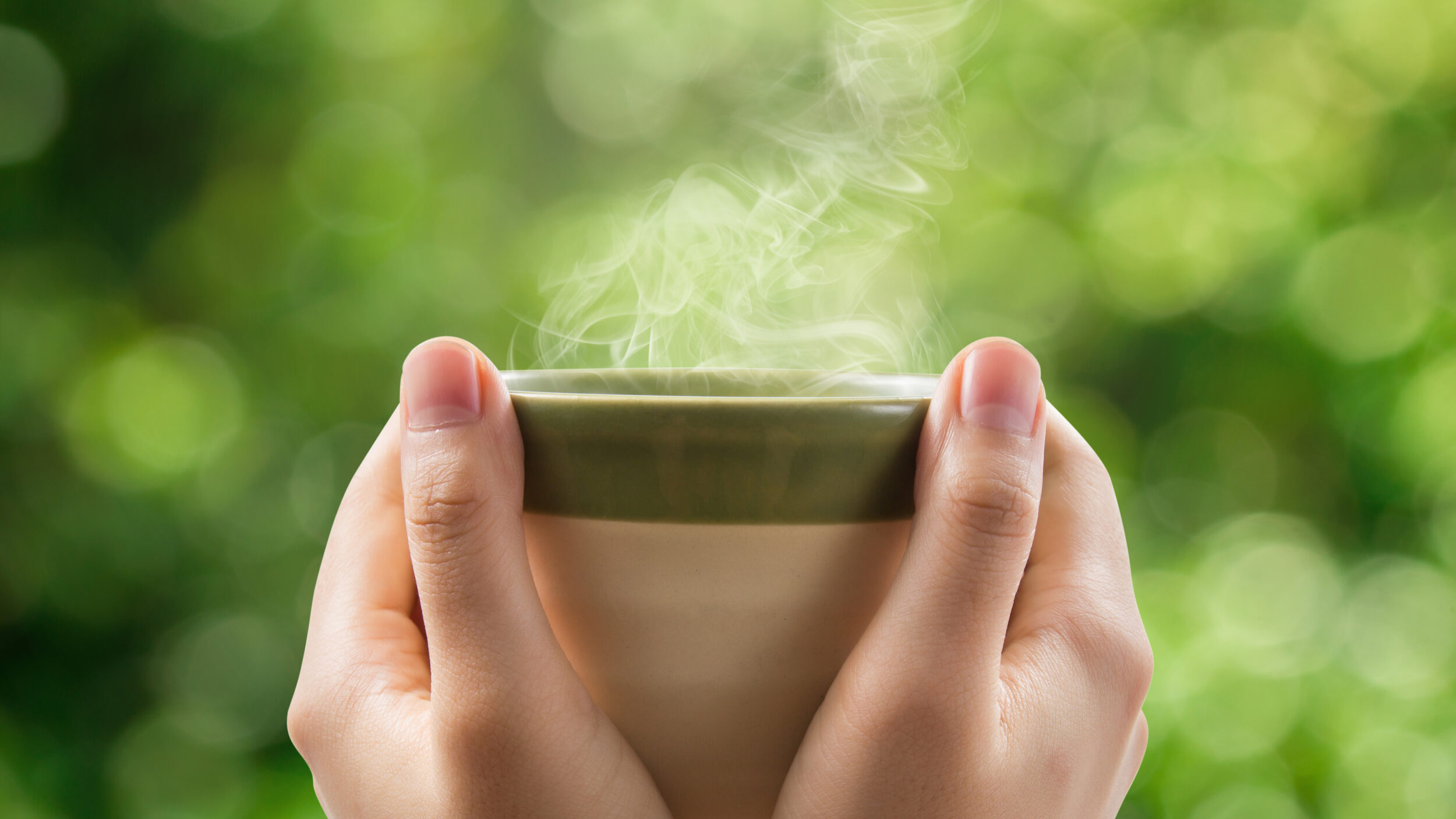
Have you ever wondered how switching from coffee to green tea could impact your daily energy levels and overall well-being?
In this post, I’ll share my journey of transitioning from coffee to green tea, the benefits I’ve experienced, and tips for anyone considering the change.
I’ve always had a soft spot for coffee. There’s something about that rich aroma wafting through my kitchen that just kicks off the day right. But over time, I started to feel like my coffee habits were owning me rather than the other way around. So, I decided to explore a new path, dipping my toes into the world of green tea.
It wasn’t an overnight decision but more of a thoughtful exploration. I wanted something that could give me a gentle boost without the coffee jitters making my heart race. Plus, I was curious about the buzz around wellness benefits of green tea. So, I took the plunge and ventured into this vibrant, leafy world.
What was I looking for in this transition? A healthier relationship with caffeine, mainly. But also a way to enjoy my warm morning ritual without the occasional shaky hands. In hindsight, I was on a wellness quest that felt just right for where I was at in my life.
This journey was more than just swapping mugs; it was about discovering a new rhythm in my daily routine. With every sip of green tea, came an opportunity to reflect on the changes I hoped this switch would bring. Here’s how it all began, and what I learned along the way.
The Science Behind the Switch: What Happens to Your Body?
Changing up your caffeine routine isn’t just about swapping one drink for another; your body feels it. Switching from coffee to green tea means lowering your caffeine intake, since a typical cup of green tea has less than half the caffeine of a standard coffee. That’s a big shift if you’re used to a hefty morning brew every day.
The first thing I noticed was my caffeine withdrawal—not fun! Less caffeine meant those familiar headaches at first. But don’t worry, they’re temporary. Staying hydrated and gradually reducing coffee intake before fully switching helped ease the transition.
As my body adjusted, I noticed a smoother energy flow. Green tea offers a calmer kind of alertness, thanks to an amino acid called L-theanine that promotes relaxation without drowsiness. No more coffee jitters—just a steady vibe to keep the day moving.
Stomach-wise, things got better too. Coffee acidity can be a bit harsh for some, causing discomfort or heartburn. Green tea felt gentler, easing into my routine and helping me get back to a more comfortable digestive state.
This switch gave my body time to find a new balance. Each week brought me closer to a caffeine routine that fit my pace, showing me that change, though tricky, opened up plenty of new well-being benefits.
Comparing Health Benefits: Is Green Tea Healthier Than Coffee?
When it comes to health, green tea and coffee both pack a punch, but in their own unique ways. Coffee’s known for boosting alertness and potentially helping with fat burning and lowering risks of certain conditions. Yet, green tea brings its own list of advantages to the table.
Green tea is loaded with antioxidants, particularly catechins, which are thought to combat cell damage and lower the risk of heart disease. These powerful compounds also support weight management and improve brain function—ideal for anyone looking for a brain boost without the coffee crash.
In terms of overall wellness, green tea seems to be easier on the heart and digestion. Its lower caffeine content and natural compounds offer a gentler alternative when seeking long-term health benefits. However, for those seeking a strong kick-start to the morning, coffee still holds its crown.
Ultimately, the choice isn’t about which one is better in general, but rather which fits your personal health goals and lifestyle. Both beverages have their place, and a balanced perspective can lead to an enriched, varied daily intake.
Switching from coffee to green tea brought up questions I hadn’t considered before. One biggie: can you drink green tea if you’re trying to quit caffeine altogether? Green tea does have less caffeine than coffee, but it’s not caffeine-free. If you’re cutting out caffeine entirely, you’ll want to explore caffeine-free green tea or herbal teas instead.
Top Reasons for Switching to Green Tea
Healthier Lifestyle – Green tea is rich in antioxidants, which support overall health and may even aid in weight management.
Steady Energy Levels – Unlike coffee, green tea gives me a balanced energy boost that lasts longer without abrupt crashes.
Reduced Anxiety and Jitters – The L-theanine in green tea helps promote relaxation, which makes a big difference in my daily productivity.
Better Hydration – Green tea has a higher water content than coffee, keeping me more hydrated throughout the day.
Improved Digestion – I noticed fewer digestive issues and acid reflux after reducing my coffee intake.
FAQ: Navigating Your Caffeine Transition Journey
Another common question is how long it takes to adapt to green tea. It varies, but I found my groove within a few weeks. Gradual change is key, allowing your body time to adjust to lowered caffeine levels without sending it into shock. Easing off coffee rather than going cold turkey is the best way to sidestep major withdrawal symptoms.
For those worried about their caffeine fix, the question of how many cups of green tea equals a cup of coffee might cross your mind. On average, you’d need two to three cups of green tea to match one cup of coffee in caffeine content. But remember, drinking several cups adds up, so gauge your intake based on how you feel.
Switching isn’t just about finding the right drink; it’s about forming new habits. Having a supportive community or just a buddy who’s been through it can help keep you motivated.
Final Thoughts: Is Green Tea Worth the Switch?
If you’re looking for a more balanced source of caffeine with added health benefits, green tea is a fantastic alternative to coffee. While the transition may take some time, the improvements in focus, energy levels, and overall well-being are well worth it.
So, am I saying you should drop your beloved coffee and pledge allegiance to green tea forever? Not necessarily. But if your morning brew has you jittering like a squirrel on espresso, maybe it’s time to consider a switch.
Here are a few steps that helped me make the transition without regret:
Be Patient – It took a couple of weeks for my body to fully adjust, but the long-term benefits were worth it.
Start Small – I initially replaced my afternoon coffee with green tea while keeping my morning coffee.
Experiment with flavor – Exploring different types of green tea, such as matcha, sencha, and jasmine, kept the experience exciting.
Master the Brew – Steeping green tea at the right temperature (about 175°F) prevented bitterness and made it more enjoyable.
Stay Hydrated – Drinking water alongside green tea helped me avoid dehydration and headaches.
Ready to give it a try? I’d love to hear about your experience in the comments below!

